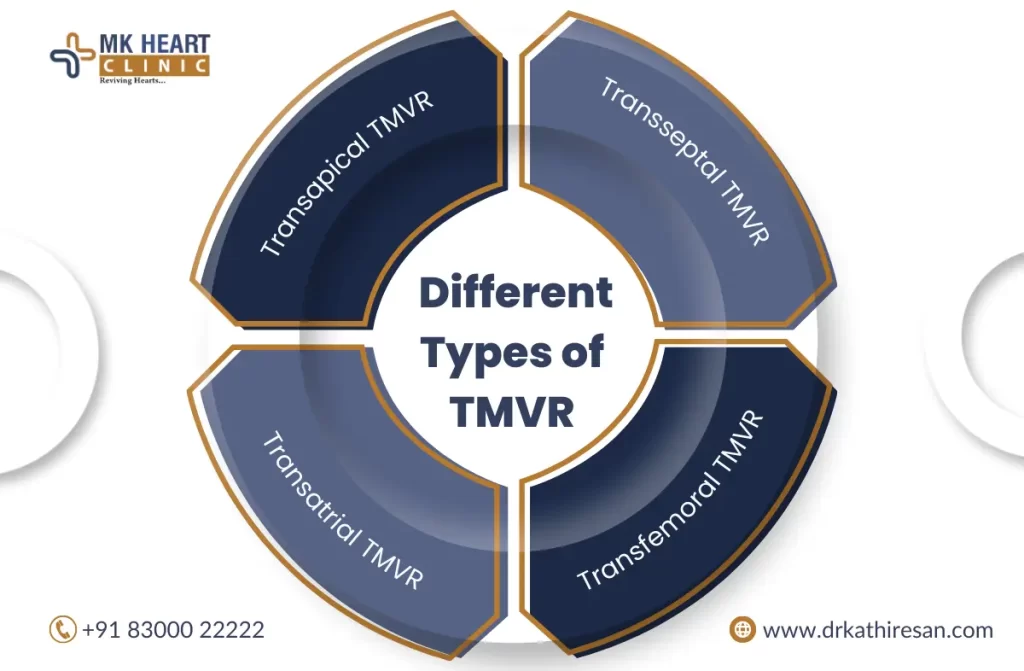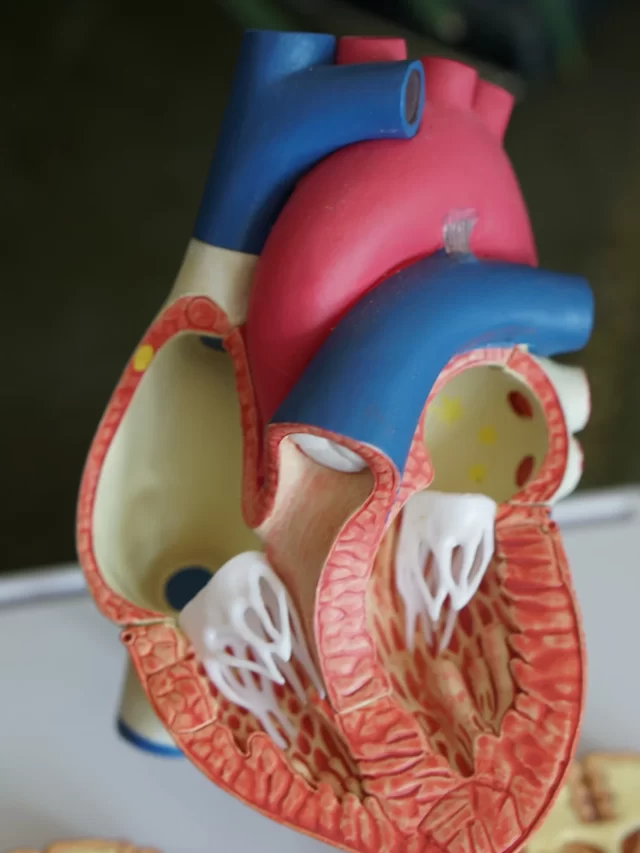Transcatheter tricuspid Valve Replacement in Chennai is a minimally invasive procedure that involves replacing the tricuspid valve through an endovascular approach, without the need for open-heart surgery. It is a non-surgical option for patients with tricuspid valve regurgitation (TR), the largest heart valve on the right side of the heart. Transcatheter TVR is a cutting-edge technology that offers many benefits, including reduced risk of complications, less pain, shorter hospital stays, and quicker recovery time. It is an advanced treatment option for patients with advanced, symptomatic heart failure caused by valvular heart disease.
What is Transcatheter Tricuspid Valve Replacement (TTVR)?
Transcatheter Tricuspid Valve Replacement in Chennai is an innovative and minimally invasive medical procedure designed to address tricuspid valve dysfunction without the need for open-heart surgery. It involves the insertion of a specialized replacement valve via a catheter, typically through a vein in the groin or neck, and guiding it to the tricuspid valve location in the heart.
Once positioned, the new valve is deployed, effectively restoring proper tricuspid valve function and improving blood flow. TTVR offers a promising alternative for patients who are at high risk for traditional surgical valve replacement and can significantly enhance their quality of life.
Causes of TTVR
Transcatheter Tricuspid Valve Replacement in Chennai is a procedure used to treat tricuspid valve disease.
- Tricuspid Regurgitation: Tricuspid regurgitation occurs when the tricuspid valve does not close properly, causing blood to leak back into the right atrium. This condition can be due to various factors, including heart disease, infections, or congenital abnormalities.
- Right-Sided Heart Failure: When the right ventricle of the heart is unable to effectively pump blood into the pulmonary artery, it can lead to right-sided heart failure. Tricuspid valve disease is often associated with this condition and may necessitate TTVR.
- Previous Valve Surgery: Patients who have undergone prior heart valve surgery may develop tricuspid valve issues over time, either due to wear and tear of the valve or complications from the initial procedure, which can prompt the need for TTVR as a corrective measure.

Who is the Right Doctor for Transcatheter Tricuspid Valve Replacement (TTVR)?
Dr. M. Kathiresan is a renowned interventional cardiologist with expertise in Transcatheter Tricuspid Valve Replacement in Chennai. His extensive experience and specialization in this cutting-edge procedure make him the right doctor to consult for patients in need of tricuspid valve replacement using minimally invasive, catheter-based techniques. Dr. Kathiresan’s proficiency in TTVR ensures that patients receive the highest level of care and the best possible outcomes for tricuspid valve-related heart conditions.
Treatment for Right Doctor for Transcatheter Tricuspid Valve Replacement in Chennai
Transcatheter Tricuspid Valve Replacement in Chennai is a minimally invasive procedure used to treat tricuspid valve disease when the valve is not functioning properly. During this procedure, a new artificial valve is implanted using a catheter-based approach, avoiding the need for open-heart surgery.
- Patient Evaluation: Before the procedure, the patient undergoes a thorough evaluation to assess their suitability for TTVR. This includes imaging tests, such as echocardiography and cardiac catheterization, to determine the severity of the tricuspid valve disease and the optimal treatment approach.
- Catheter-Based Implantation: TTVR is performed in a specialized cardiac catheterization lab. A thin, flexible catheter is inserted into a blood vessel, often through the femoral vein in the groin or the internal jugular vein in the neck.
- Valve Deployment: Once the catheter is in the right position, the new tricuspid valve, often made of bioprosthetic or mechanical materials, is deployed within the existing valve. The new valve is then expanded, taking over the function of the damaged tricuspid valve.
Benefits of TTVR
The benefits of Transcatheter Tricuspid Valve Replacement (TTVR) are:
- Minimally Invasive: TTVR is a minimally invasive procedure, typically performed through a small incision in the groin or chest. This approach reduces the need for open-heart surgery, resulting in shorter hospital stays and faster recovery times.
- Improved Quality of Life: For patients with severe tricuspid valve disease, TTVR can lead to substantial improvements in symptoms such as shortness of breath, fatigue, and swelling. Restoring proper valve function enhances the patient’s overall quality of life.
- Reduced Complications: TTVR is associated with a lower risk of complications compared to traditional surgical valve replacement. It minimizes the trauma to surrounding tissues and reduces the risk of infection, bleeding, and scarring.
Risks of TTVR
Transcatheter Tricuspid Valve Replacement in Chennai is a minimally invasive procedure used to treat tricuspid valve disease. While it can offer several advantages.
- Device-related complications: There is a risk of device malposition, migration, or dysfunction. These complications can lead to inadequate valve function or the need for additional interventions.
- Vascular complications: TTVR involves the use of catheters, which can lead to vascular injury, bleeding, or damage to the access site in the groin or neck.
- Infection: Like any invasive procedure, there is a risk of infection at the access site or within the heart, which may necessitate antibiotic treatment or, in severe cases, surgery.
Conclusion
Transcatheter Tricuspid Valve Replacement in Chennai (TTVR) represents a promising and minimally invasive approach to address tricuspid valve dysfunction. This innovative procedure offers new hope to patients who may not be suitable candidates for traditional surgical interventions due to various comorbidities or high surgical risks.
TTVR has shown potential in improving the quality of life and outcomes for individuals suffering from tricuspid valve disease. As research and technology continue to advance, TTVR is expected to play an increasingly important role in the management of tricuspid valve issues, providing a less invasive and effective treatment option.
Also, Read Transcatheter Aortic Valve Replacement In Chennai.


